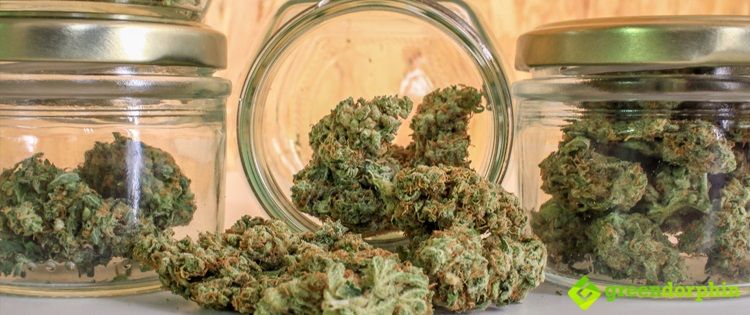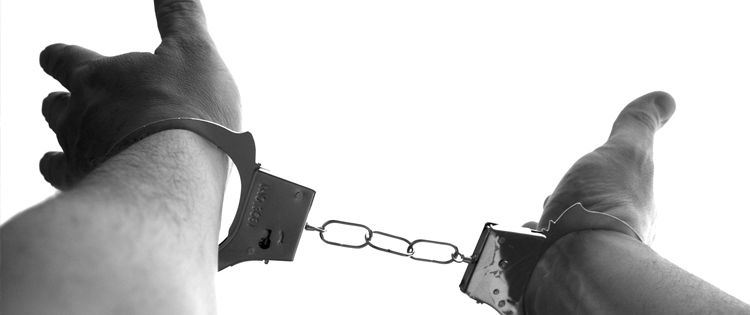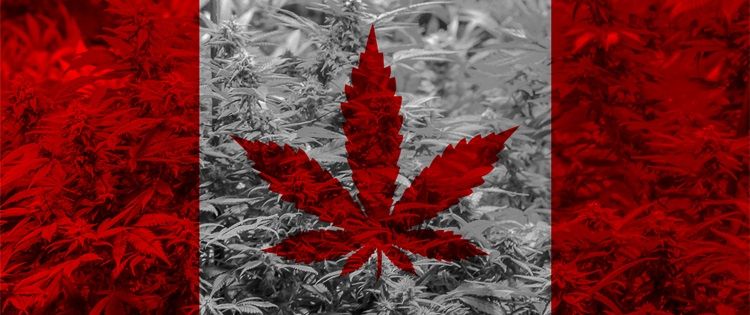The LeDain Commission was appointed by Pierre Trudeau’s Liberal government on 29 May 1969 and it was the first serious attempt at investigating what role the government and the justice system should play in regulating the use and distribution of drugs, with the aim of potentially changing the laws.
The Royal Commission on the Non-medical Use of Drugs was chaired by Gerald LeDain, and the commission specifically focused on marijuana and opiate, however, they also covered alcohol and other drugs.
By this time, Canadians had argued for decades that penalties for possessing and using cannabis were unjust and the punishment far outweighed the seriousness of the ‘crime’.
In mid-1970, the Commission delivered its interim report, suggesting the decriminalisation of all drugs.

The 320-page report was referred to as “one of the most politically-explosive documents ever put before the government.”
The commission made a common sense argument for decriminalising all drugs as they felt that penalties for possession should not be based on the harmfulness of the drug. It also recommended policies to discourage non-medical drug use.
It recommended the withdrawal of the use of the criminal law against drug users, decriminalising cannabis possession and general reduction of penalties for all cannabis-related offences.
In dealing with opiate, the commission recommended focusing on medical treatment rather than criminal punishment.
In the interim report, chair Gerald LeDain recommended a $100 fine for possession of any drugs. This was completely opposite of the message coming from the US at the time when President Nixon was cranking up his devastating war on drugs.

The decriminalisation of all drugs was immediately rejected, however, Health Minister John Munro announced that the government would investigate moving cannabis from the Criminal Code into the Food and Drug Act as soon as possible.
Mr Munro did not coordinate his announcement with Justice Minister, John Turner, who made an opposing statement shortly after, saying his job was to enforce current laws and dismissed the interim recommendations of the commission.
During the year after the release of the interim report, the commission researched and evaluated drug education and treatment options for drug addicts and the cost of the enforcing the prohibition and current laws.
Hearings were conducted with drug users across Canada in cafes and even privately to gain insight from people whose lives were directly affected by the current drug policies and court actions.
The commission delivered its final report in mid-1972. The five members of the commission were split in their opinions on what the final recommendations should be.

Chair LeDain and 2 other members (Heinz Lehmann and J. Peter Stein) suggested that cannabis possession should be decriminalised because prohibition is too expensive to maintain.
Marie-Andrée Bertrand thought this was not reaching far enough and the government should provide a legal source for cannabis distribution.
The fifth member, Ian Campbell suggested that the recommendation would be seen as an endorsement of the safety of marijuana and therefore would increase use.
The recommendations have not affected drug policies in Canada for 40 years, while Portugal has adopted a drug policy very similar to the recommendations of the LaDean Committee report, which has become wildly successful and become known as the ‘Portuguese model’.
The next generation of the Trudeau family, Prime Minister Justin Trudeau (son of former Prime Minister Pierre Trudeau) is finally implementing the cannabis policy, making cannabis legal for every adult in Canada from July 2018.
Your views matter to us. Share it with our community in the comments below.
- Nimbin Medican – Educating Australians About Medical Cannabis - January 28, 2020
- Pill Testing and Roadside Drug Testing – When is it Appropriate to Test for Drugs? - August 2, 2019
- The Australian Cannabis Summit in Review - July 16, 2019


